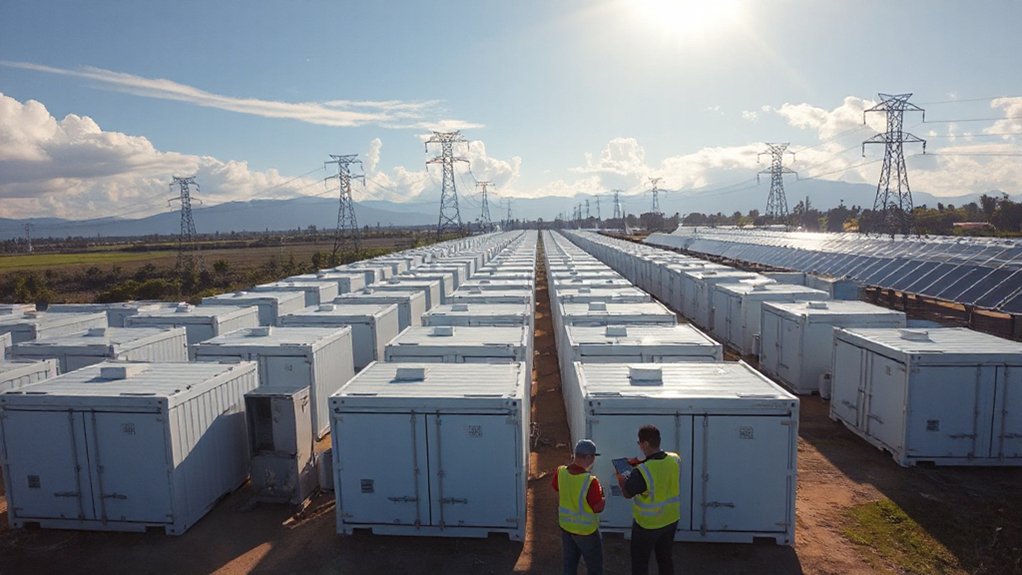While most people worry about air pollution damaging their lungs, they’re missing the bigger threat—it’s eating away at their brains too. Those tiny PM2.5 particles? They’re not just floating around harmlessly. They’re sneaking into your brain through your bloodstream or straight up your nose via the olfactory bulb. No invitation needed. The blood-brain barrier? These particles laugh at that supposed protection.
Air pollution doesn’t just choke your lungs—it’s silently rewiring your brain while bypassing all your body’s natural defenses.
Scientists aren’t just speculating anymore. Eighteen epidemiological studies have connected the dots between dirty air and dementia. The evidence is piling up faster than the particulate matter outside a coal plant. And it’s not just one fluke study—these findings appear consistently across different regions and research methods. That’s what scientists call “robust evidence.” Regular people call it “pretty damn convincing.”
The mechanics are brutal. Once inside your brain, these pollutants trigger inflammation, oxidative stress, and mess with your autonomic nervous system. They even interfere with amyloid clearance, fundamentally promoting the signature gunk that characterizes Alzheimer’s. It’s like inviting a demolition crew into your neural network. Coal-derived particles are particularly harmful, being twice as deadly as other PM2.5 sources when it comes to overall health impacts.
Here’s the twist—there’s no established safe threshold. Even low-level exposure raises your risk. Traffic exhaust is particularly nasty, with sulfate and black carbon emerging as the worst offenders. That idling truck outside your apartment? It’s not just annoying—it’s potentially rewiring your brain.
The socioeconomic implications are predictably depressing. Poorer communities suffer more exposure and higher risk. Cities with heavy traffic show higher dementia rates. It’s environmental injustice with a cognitive price tag.
The good news? Reducing pollution actually decreases dementia risk. A significant study of U.S. women showed that reductions in PM2.5 and NO2 pollutants were linked to 14% lower risk of developing dementia. The bad news? We’re moving too slowly. Recent meta-analysis confirms a 3% increase in dementia risk per 1 g/m³ increase in PM2.5 exposure. Meanwhile, dementia rates continue climbing worldwide. Air quality isn’t just about breathing easier—it’s about thinking clearly for decades longer. Your lungs might recover from a bad air day. Your neurons? Not so much.
References
- https://aaic.alz.org/releases_2021/air-pollution-dementia-risk.asp
- https://www.neurologyadvisor.com/features/air-pollution-and-dementia-is-there-a-link/
- https://www.pnas.org/doi/10.1073/pnas.2211282119
- https://pmc.ncbi.nlm.nih.gov/articles/PMC5048530/
- https://www.nih.gov/news-events/nih-research-matters/air-pollution-linked-dementia-cases









